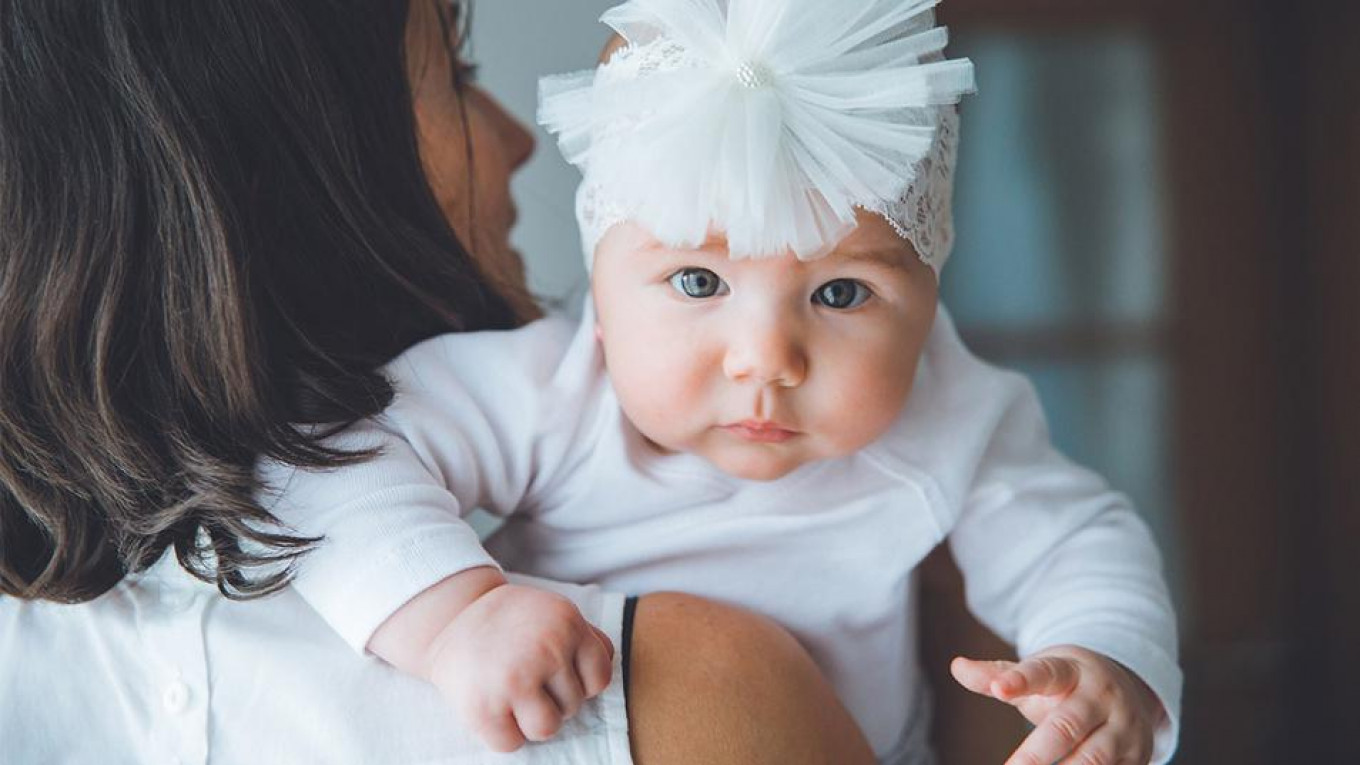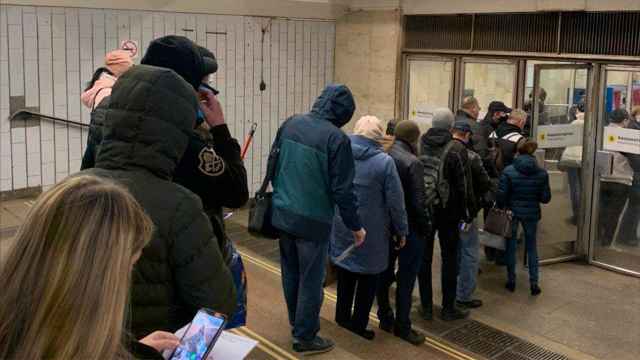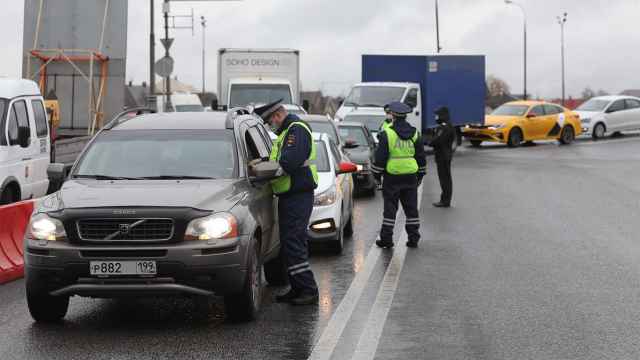Moscow city officials have published a list of unusual names given to babies born in the capital last year.
Many boys received traditional Slavic names including Velesvet, Ladomir, Patrikei and Kharlampy. Other unusual names included Forward, Nord and Franklin, and one Muscovite was named Orpheus, after the Greek hero.
The most unorthodox girls’ names included Zlatozara, Ladislava, Agrafena and Iskra.
"When choosing a name, parents usually go for something beautiful and rare, not the latest trend," Irina Muravyova, the head of Moscow's registry services, was cited as saying in a press release published Thursday.
Over 130,000 babies were born in Moscow in 2017, including 1838 pairs of twins and 34 sets of triplets. As in 2016, the most popular names continue to be Alexander and Mikhail for boys and Sofia and Maria for girls.
In April 2017, the State Duma passed a law prohibiting parents from giving their offspring "excessively original" names, such as one couple's attempt to call their son "BOCh rVF 260602" — an acronym denoting, "Biological Human Object of the Voronin-Frolova Genus, Born on June 26, 2002."
Other unusual names in recent years have included Stalin, Putin, Crimea and Syria. Luckily, an attempt by a Crimean politician to encourage parents to call their newborns Generator to protest persistent power outages on the annexed peninsula was ignored.
A Message from The Moscow Times:
Dear readers,
We are facing unprecedented challenges. Russia's Prosecutor General's Office has designated The Moscow Times as an "undesirable" organization, criminalizing our work and putting our staff at risk of prosecution. This follows our earlier unjust labeling as a "foreign agent."
These actions are direct attempts to silence independent journalism in Russia. The authorities claim our work "discredits the decisions of the Russian leadership." We see things differently: we strive to provide accurate, unbiased reporting on Russia.
We, the journalists of The Moscow Times, refuse to be silenced. But to continue our work, we need your help.
Your support, no matter how small, makes a world of difference. If you can, please support us monthly starting from just $2. It's quick to set up, and every contribution makes a significant impact.
By supporting The Moscow Times, you're defending open, independent journalism in the face of repression. Thank you for standing with us.
Remind me later.






